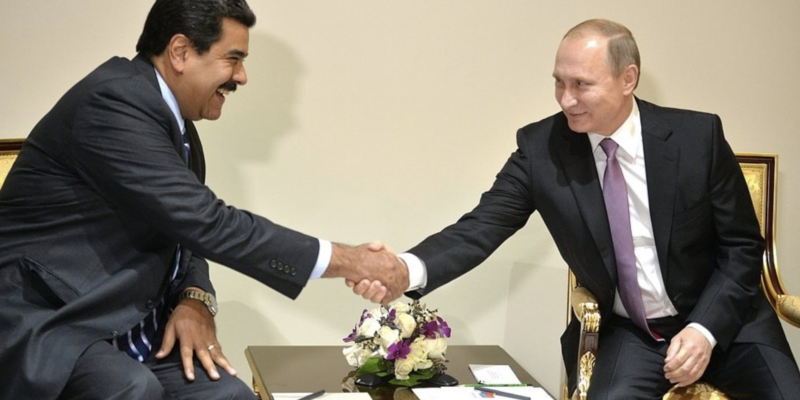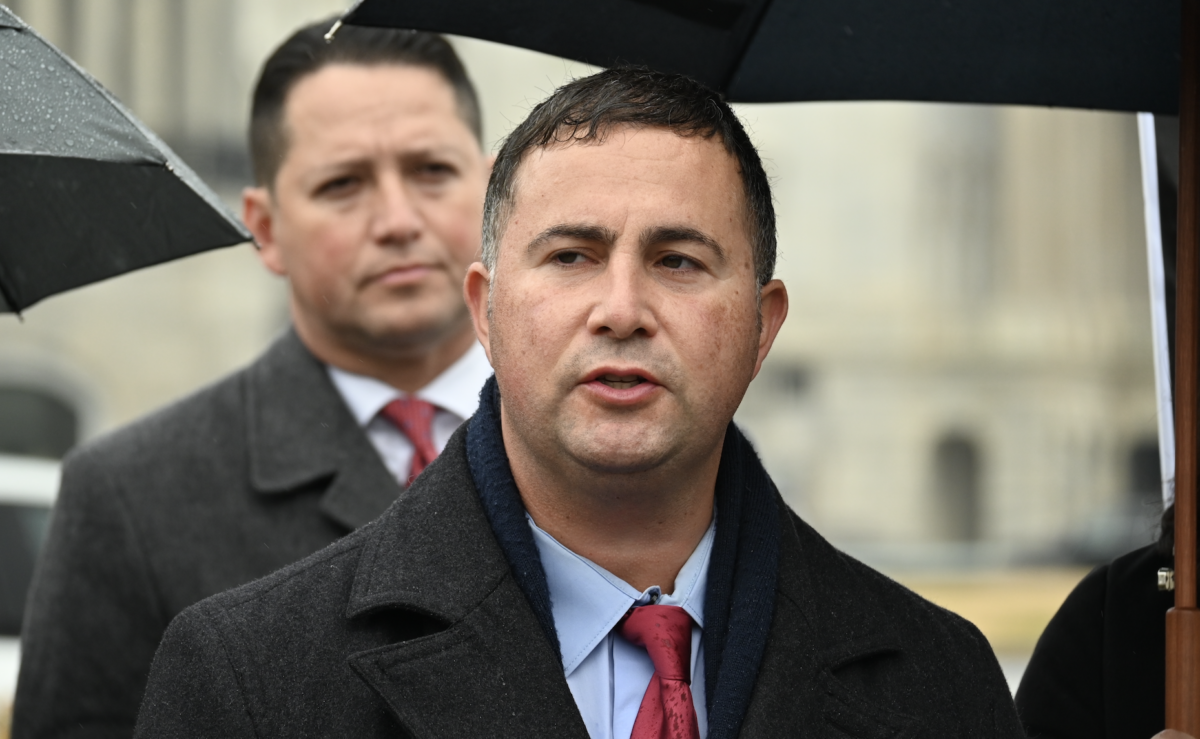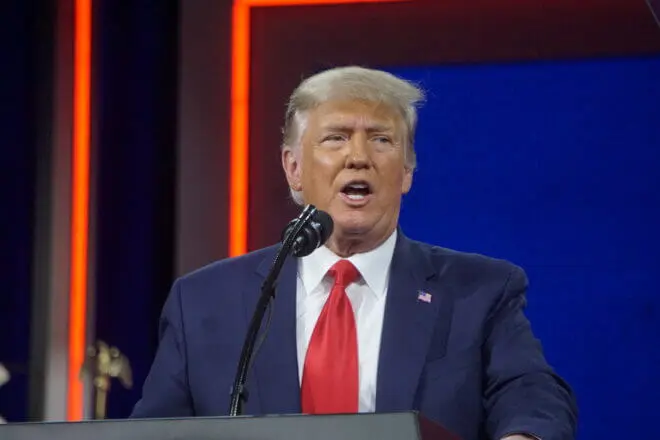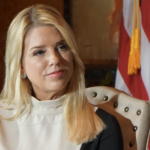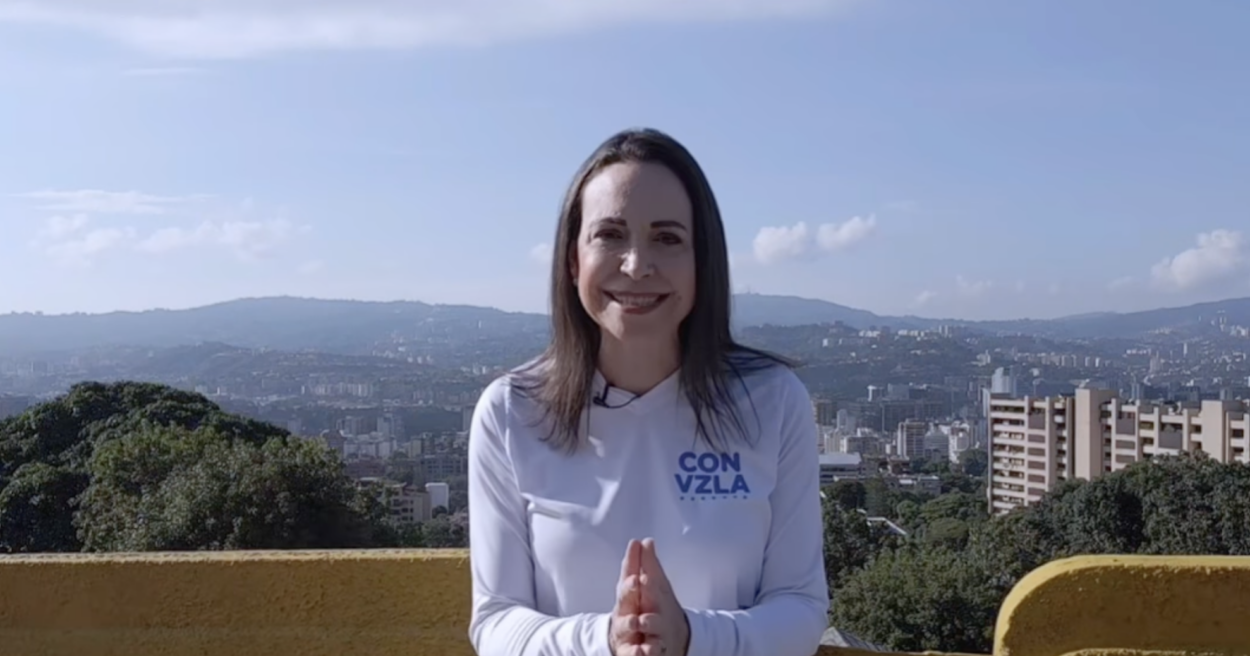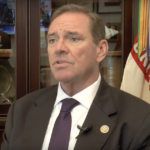Venezuelan Dictator Nicolas Maduro signed a strategic partnership treaty with Russian President Vladimir Putin in Moscow on Wednesday, May 7th, strengthening ties between the two nations as the United States prepares to reimpose its "maximum pressure" policy on Venezuela.
"Thanks to this treaty, we'll see how relations flourish between a great Russia, a key power among humanity today, and Venezuela in the coming years," Maduro stated during the signing ceremony at the Kremlin.
The agreement marks Russia's fourth such strategic partnership in two years, following similar pacts with China, North Korea, and Iran. While specific terms were not disclosed, Putin called the deal a "good base" for future cooperation, noting joint initiatives in energy, transport, and pharmaceuticals are in development.
Maduro's Moscow visit comes on the heels of Venezuelan Vice President Delcy Rodriguez's recent trip to Beijing and follows Venezuela's signing of similar agreements with Iran, Turkey, and Vietnam.
Chinese President Xi Jinping and Brazilian President Lula da Silva also attended Moscow's Victory Day celebrations.
The diplomatic flurry comes at a critical moment for Venezuela as U.S. licenses for Western oil companies operating in the country, including Chevron, are set to expire on May 27. Maduro has defiantly stated that Venezuela will continue oil production regardless, declaring, "our workers have the capabilities to continue producing oil from those fields."
Venezuela has been redirecting oil exports to China at steep discounts. Analysts suggest Beijing is now eyeing Chevron's assets should Washington force an exit.
David Goldwyn, president of Goldwyn Global Strategies, LLC (GGS), an international energy advisory consultancy, and Chairman of the Atlantic Council Global Energy Center’s Energy Advisory Group, questions the effectiveness of the Trump “maximum pressure” policy against Maduro.
“The risk of returning to the kind of “maximum pressure” campaign imposed by the first Trump administration is that the negative consequences of that policy would resume,” said Goldwyn, adding that during the President’s first term in office, the policy “prohibited US and free market companies from operating in Venezuela or buying or selling Venezuelan crude.”
Goldwyn also said that the measure had “negative impacts on the Venezuela policy and US interests while completely failing to dislodge Maduro.”
Venezuela’s economy tanked, the government’s power was entrenched, more than 7 million Venezuelans fled the country, and we saw greater Russian, Chinese and Iranian influence inside Venezuela. China received Venezuelan crude at some times more than a $30 discount, providing a windfall for its economy
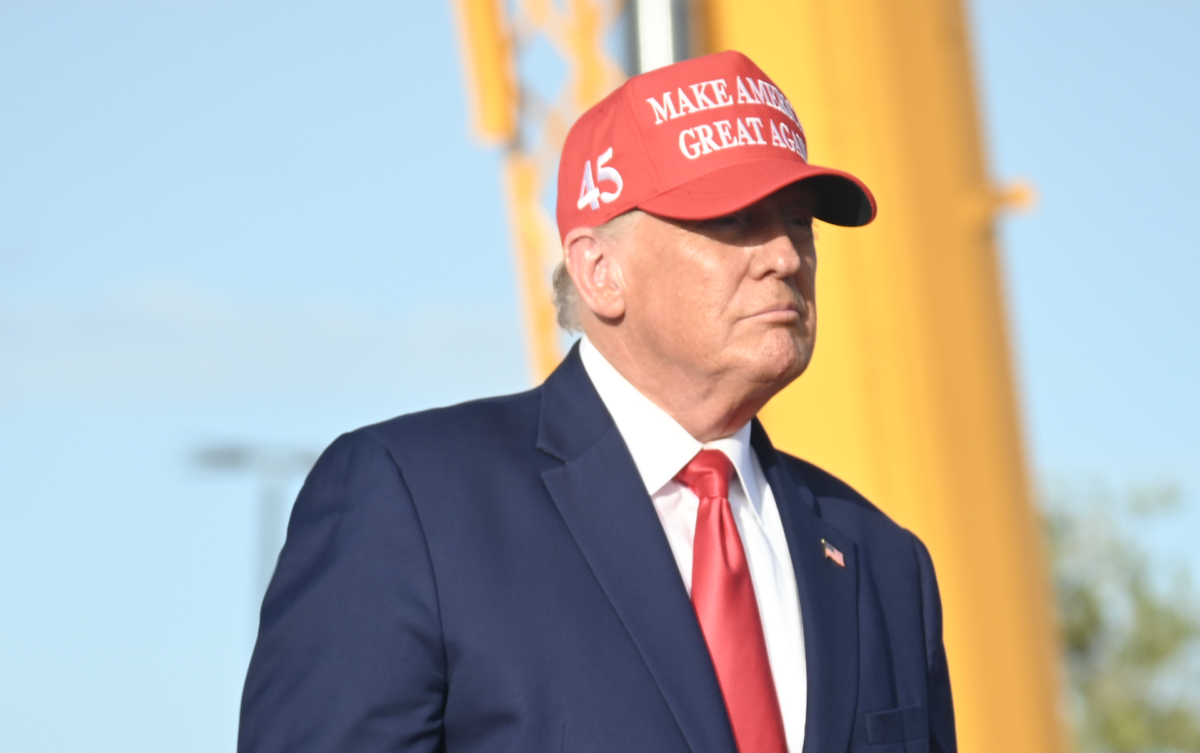
Russia-Venezuela: A Deep-Rooted Partnership
The Venezuela-Russia relationship dates to the early 2000s under Hugo Chávez, who significantly strengthened ties by signing major arms deals and energy agreements with Moscow. Since 2005, Venezuela has purchased more than $4 billion in Russian military equipment, including fighter jets, tanks, and over 100,000 AK-103 assault rifles. In 2010, Chávez signed agreements for Russia to build Venezuela's first nuclear power plant and purchased $1.6 billion worth of oil assets.
Under Maduro, this alliance has deepened further, with Russian state oil company Rosneft playing a critical role in helping Venezuela circumvent international sanctions. Russia has invested billions in Venezuela's oil sector, with plans at one point to invest $17 billion to boost Venezuelan oil production. The two countries have also conducted joint naval exercises, with Russian warships, including nuclear-powered vessels, making port calls in Venezuela.
The new strategic partnership continues a pattern that began when Russia signed similar agreements with China, North Korea, and Iran since 2022. Kremlin spokesman Dmitry Peskov described today's agreement as a "weighty, substantial and very important framework document" that will further cement this longstanding relationship.,” added Goldwyn.“
Global Realignment
As the U.S. increasingly employs tariffs and economic sanctions globally, many nations are responding by forming alternative partnerships, while simultaneously looking to negotiate trade deals with the U.S.
The Wall Street Journal recently reported a "flurry of activity as countries across the globe attempt to deepen trade ties, hoping to offset some of the pain from U.S. tariffs by trading more with one another."
This realignment includes the UK and India finalizing a long-delayed trade agreement that will boost bilateral trade by an estimated $34 billion, with India reducing tariffs on 90% of British goods. Meanwhile, the European Union has struck a preliminary trade deal with South America's Mercosur bloc, announced a revamped agreement with Mexico, and accelerated negotiations with Indonesia, the Philippines, Thailand, and Malaysia. The EU is also working toward completing a free trade agreement with India by year's end.
In Asia, finance ministers from the ASEAN Plus Three group—which includes China, Japan, and South Korea—have pledged to pursue "greater inter-regional trade" to counter global trade disruptions. These developments reflect what trade expert Achyuth Anil describes as countries' recognition that "they really need resilience in terms of markets other than the U.S."
Calls for Policy Recalibration
Foreign policy experts are urging the Trump administration to reconsider its approach to Venezuela. Brian Fonseca of Florida International University argues that strategic engagement rather than isolation would better serve U.S. interests.
"If Trump leans into his realist instincts, he'll see the strategic logic: Venezuelan oil flowing to the U.S., not China; reinforcing U.S. primacy in Latin America; and managing migration through negotiated deportations," Fonseca wrote in Americas Quarterly.
Fonseca contends that these "interconnected and achievable" outcomes would constitute a foreign policy win for the White House, while warning that the current approach risks ceding further ground to U.S. geopolitical rivals.
"Maintaining isolation will only deepen Venezuela's reliance on U.S. adversaries," Fonseca noted, adding that forcing Venezuela to remain in "Beijing's orbit would be a strategic blunder."
“While the licenses for Western companies to operate in Venezuela don’t expire until May 27, we are already seeing those negative consequences resume. Inflation in Venezuela is over 160%,” added Goldwyn.
The Trump administration's next moves regarding Venezuela remain uncertain, particularly with the looming May 27 deadline for oil company licenses. What is clear, however, is that Venezuela is actively building alliances beyond Western influence—potentially reshaping regional dynamics for years to come.

